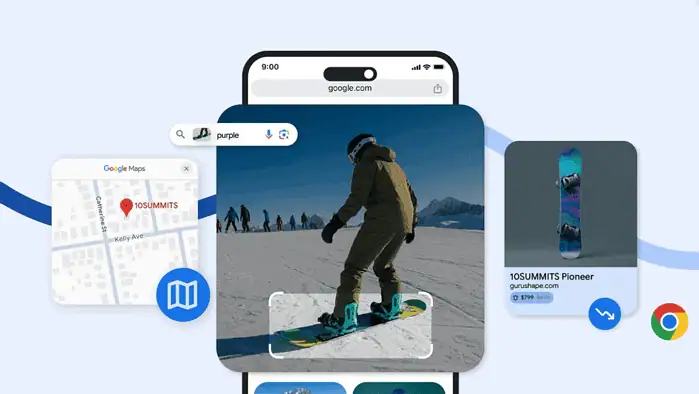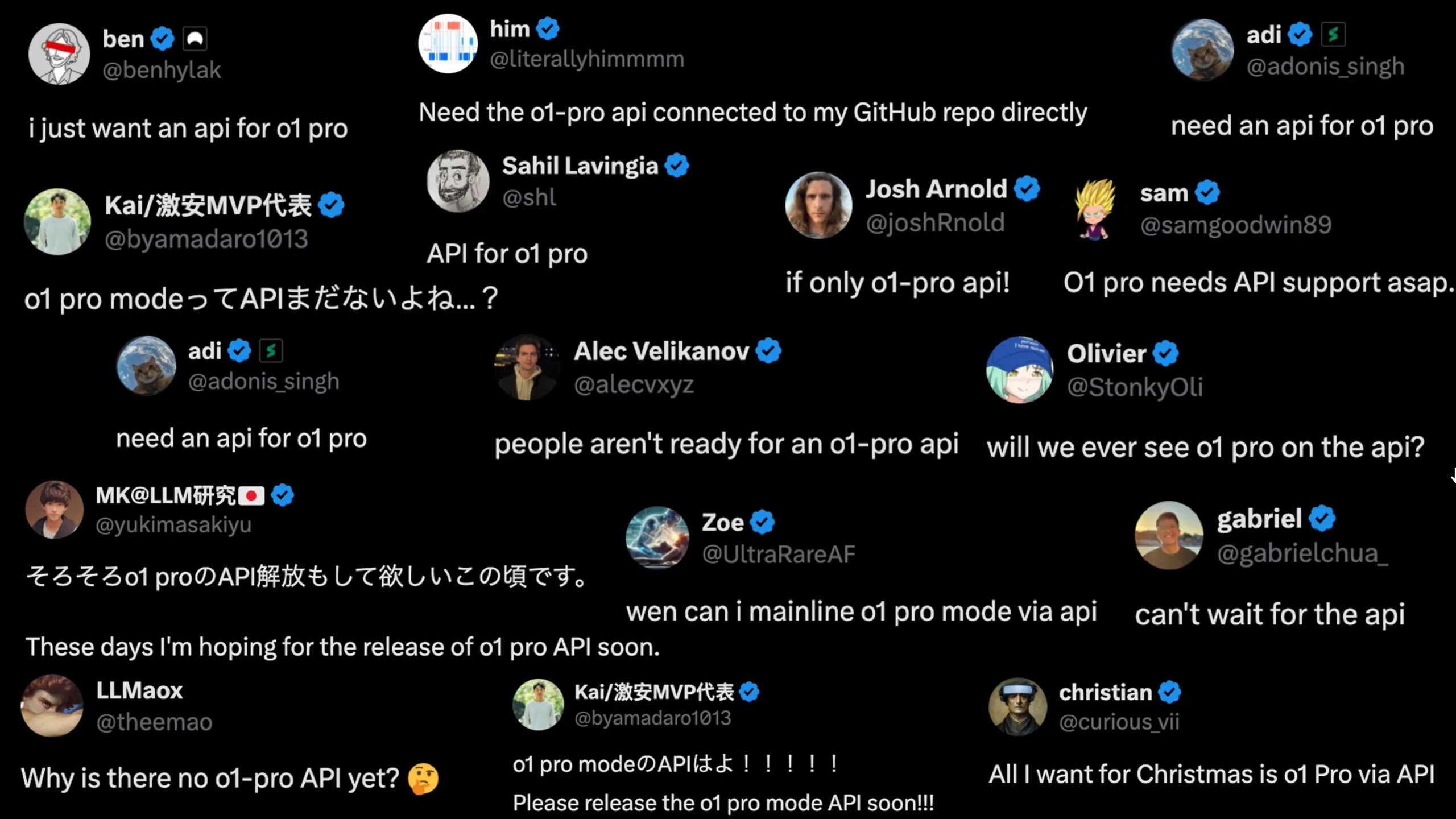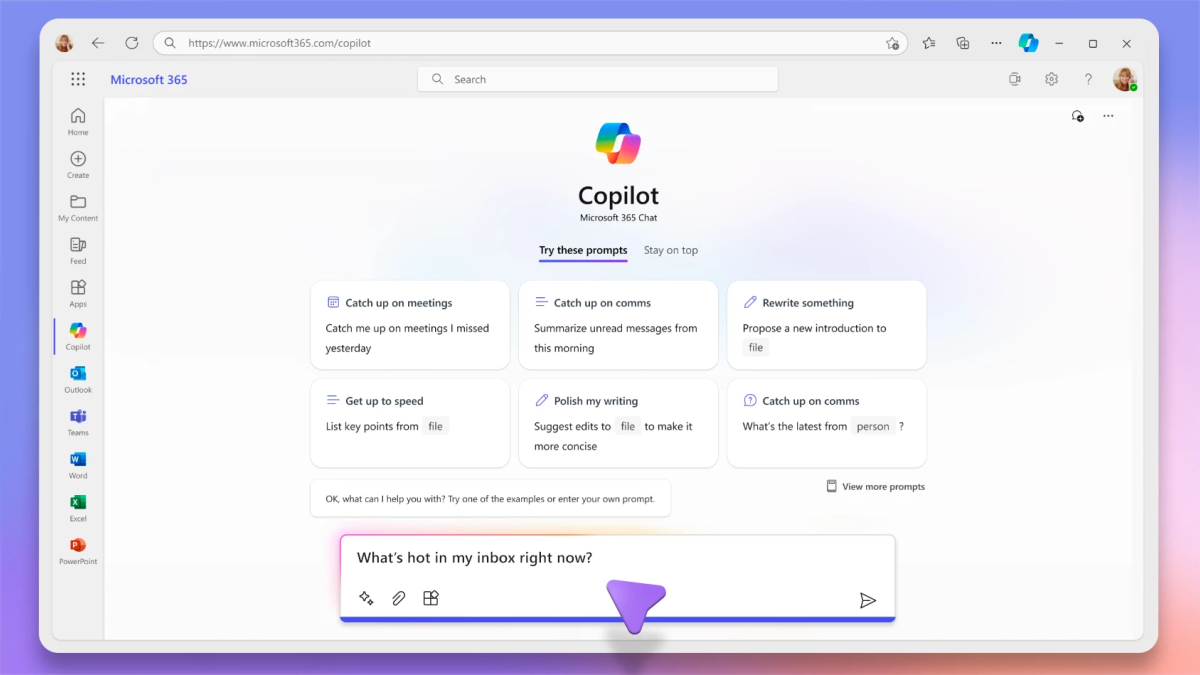Microsoft engineer spanked for proposing Mozilla gives up on Gecko Firefox rendering engine
2 min. read
Published on
Read our disclosure page to find out how can you help MSPoweruser sustain the editorial team Read more

Microsoft’s recent decision to abandon their EdgeHTML rendering engine in favour of Google’s Chromium rendering engine has been somewhat controversial, not due to the (likely positive) impact on their users, but due to the effects it would have on the level of competition there is exists in the web rendering engine area. With Microsoft capitulating to Google, and Opera already using Chromium, it leaves Mozilla’ Gecko as the lone stand-out flying the banner of open web standards.
It was therefore rather brave of Kenneth Auchenberg, a Microsoft program manager working for the Code team, to suggest it was time for Mozilla to already throw in the towel.
Thought: It's time for @mozilla to get down from their philosophical ivory tower. The web is dominated by Chromium, if they really *cared* about the web they would be contributing instead of building a parallel universe that's used by less than 5%?https://t.co/0zi2NCtzb4
— Kenneth Auchenberg ? (@auchenberg) January 25, 2019
The comment was met with a swift response from web advocates including Mozilla and Chromium developers letting Kenneth know how wrong he was.
Mozilla engineer Emilio reminded Kenneth that for a standard to be a standard multiple implementations are needed, else engineers will only start building to Chromium’s specific implementation, turning even its bugs into defacto standards.
Hey, Mozilla engineer and Chromium committer too here… Not having multiple implementations of the web means that the web stops being an open platform… People start relying on Chromium bugs, and standards / specs become useless, making innovating impossible.
— Emilio (@ecbos_) January 26, 2019
Others reminded Kenneth that if we always went with the majority there would be no Chrome at all.
https://twitter.com/seanbamforth/status/1089177616307900416
Kenneth did however have a reasoned point, suggesting that it was a poor investment to spend time and money developing an alternate rendering engine (comparing this to developing an alternate operating system from scratch) when innovation could happen at a higher level, and believed that the open source nature of Chromium should mean innovative solutions not developed by Google could still contribute to Chromium’s development.
2) This complexity it's incredibly expensive to implement a web runtime. Even for Google/Microsoft it's hard to justify such investment that would take thousands of engineers in multiple years.
The web has become too capable for multi engines, just like many frameworks.
— Kenneth Auchenberg ? (@auchenberg) January 26, 2019
4) My problem with Mozilla's current approach is that they are *preaching* their own technology instead of asking themselves how they can contribute most and deliver most impact for the web? Deliver value to 65% of the market or less than 5%?
— Kenneth Auchenberg ? (@auchenberg) January 26, 2019
6) What if browser vendors contributed to a "common webplat core" built together and each vendor did their platform specific optimizations instead of building their own reference implementations off a specification from a WG? That's what I mean by "parallel universes".
— Kenneth Auchenberg ? (@auchenberg) January 26, 2019
8) I want the web to win, but we need collaboration not parallel universes. Writing specs together is no longer enough.
The real threat to the web platform is not another browser engine, but native platforms, as they don't give a damn about an open platform.
— Kenneth Auchenberg ? (@auchenberg) January 26, 2019
It is fair to say most were not convinced, however, but Kenneth may have the last laugh, with Mozilla’s former CTO, Andreas Gal, who now works for Apple, suggesting a tweet saying Mozilla will not give up simply because Microsoft did would not stand the test of time.
https://twitter.com/andreasgal/status/1089323764230189056
In the end, when a field matures enough to it does make sense to settle on a single standard, so we can forget about the foundational technology and start innovating on top of it. It remains to be seen if we are there yet, but I suspect we are pretty close.
What do our readers think? Let us know in the comments below.









User forum
0 messages